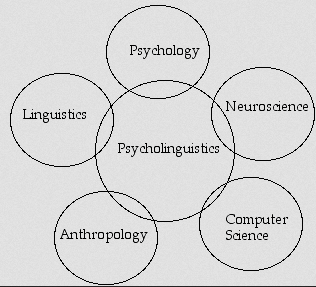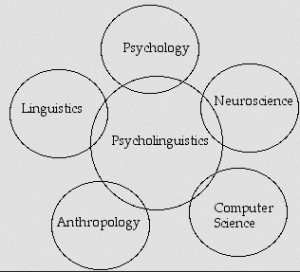Psycholinguistics
Psycholinguistics is but one area in the vast field that is SLA, or Second Language Acquisition.
It is divided into three parts:
– Neurolinguistics (What happens in the brain, how we learn and how we use a language)
– Cognitive Psychology (How language processes occur)
– Psychological Factors (Learner Differences)
Psychological Factors
In terms of the igniting question for my SLA project, which relates parental motivations, expectations and involvement to student success in language learning, the focus will be on the psychological factors that make up Psycholinguistics. These factors include age, aptitude, motivaiton and language learning strategies, all of which, whether taken on their own, or combined, influence the likely success or failure of L2 learners.
Motivation and my Igniting Question
Motivation is a reason or reasons for behaving in a particular way. In terms of acquiring an L2, motivation is the attitude that affects the amount of effort learners make to learn an L2. According to Ellis (1997), various kinds of motivations exist, such as integrative, instrumental, intrinsic and resultative motivation.
Integrative motivation relates to interest in the people and culture the target language represents. In terms of the research paper I reviewed, there were no explicit mentions of wanting to know more about the L2 community by parents or children. However, learners were exposed to the target language culture through listening to English songs and watching movies and animations in English. In my view it is important not to divorce language, that is, words and grammar, from culture, and I endevour to provide a holistic approach to language learning by integrating different aspects of English-speaking culture into my lessons.
Instrumental motivation revolves around the practical benefits of language learning – to pass an exam, to get a better job or a place at university. This research paper highlighted the fact that parents project their own instrumental motivation onto their children, hoping that learning English well would lead to educational and economic opportunities in the future. Regarding the children themselves, they are very much aware of the exam system, even at primary school age, and did offer some diverging opinions on whether learning English was ‘just’ for exams or for life!
Intrinsic motivation comes in the form of the types of tasks learners are asked to do. That is to say, by providing ‘interesting’ tasks, teachers may engage their learners and stimulate their intrinsic motivation. The conclusion of the project stated that the primary school students enjoyed learner-centred tasks and interactive ways of learning. The happy and positive attitudes expressed towards English learning by the primary school students can be considered as resultative motivation, showing us that that student motivation is not necessarily the cause of L2 achievement, but the result of learning.
Reference
Second Language Acquisition, Rod Ellis. (Oxford Introductions to Language Study, H. G. Widdowson, Series Ed.). Oxford: Oxford University Press, 1997.


